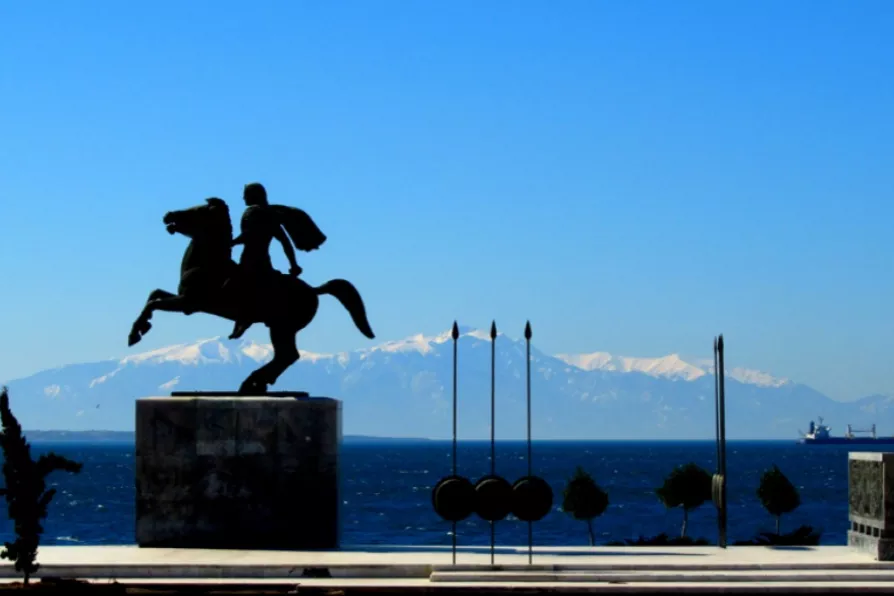Honduras may not be as much in the spotlight as Venezuela and Cuba right now, but Trump's circling vultures are making their move. JOHN PERRY reports
How Salonika became disfigured by anti-semitism
KEVIN OVENDEN charts how the birthplace of the Greek working-class and socialist movement has come to be riven by the far right and rabid nationalist forces

 Thessaloniki
[Konstantinos Kolimpalis / Creative Commons]
Thessaloniki
[Konstantinos Kolimpalis / Creative Commons]
THERE is a dreadful symmetry in the desecration of the Holocaust memorial in Greece’s second city, Thessaloniki.
It took place last Sunday, in the week that ends with today’s commemoration of the liberation of Auschwitz.
Its perpetrators were the neonazi Golden Dawn, who, according to its leader, are “the seeds of the defeated army of 1945” — of Hitler’s Third Reich.
Similar stories

Ben Cowles speaks with IAN ‘TREE’ ROBINSON and ANDY DAVIES, two of the string pullers behind the Manchester Punk Festival, ahead of its 10th year show later this month

RON JACOBS welcomes the long overdue translation of an epic work that chronicles resistance to fascism during WWII

NICK WRIGHT delicately unpicks the eloquent writings on art of an intellectual pessimist who wears his Marxism lightly

JAN WOOLF wallows in the historical mulch of post WW2 West Germany, and the resistant, challenging sense made of it by Anselm Kiefer










